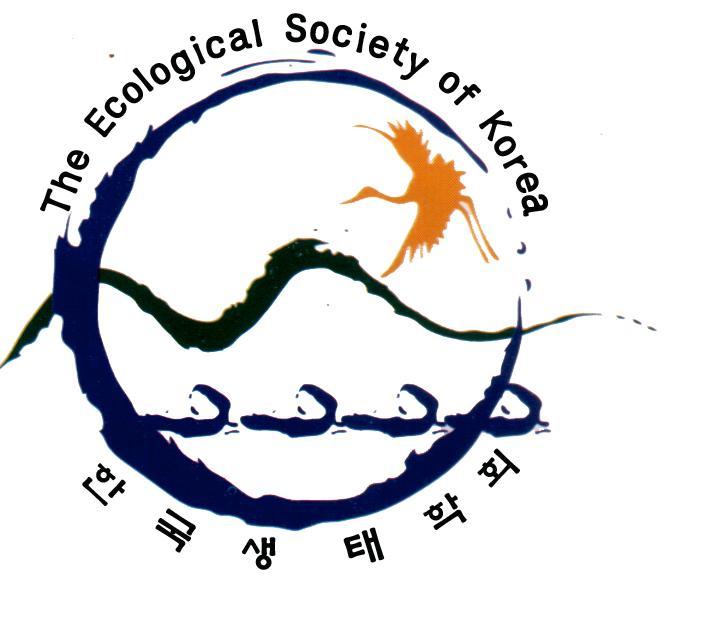- KOREAN
- P-ISSN2287-8327
- E-ISSN2288-1220
- SCOPUS, KCI
 ISSN : 2287-8327
ISSN : 2287-8327
Article Contents
- 2024 (Vol.48)
- 2023 (Vol.47)
- 2022 (Vol.46)
- 2021 (Vol.45)
- 2020 (Vol.44)
- 2019 (Vol.43)
- 2018 (Vol.42)
- 2017 (Vol.41)
- 2016 (Vol.39)
- 2015 (Vol.38)
- 2014 (Vol.37)
- 2013 (Vol.36)
- 2012 (Vol.35)
- 2011 (Vol.34)
- 2010 (Vol.33)
- 2009 (Vol.32)
- 2008 (Vol.31)
- 2007 (Vol.30)
- 2006 (Vol.29)
- 2005 (Vol.28)
- 2004 (Vol.27)
- 2003 (Vol.26)
- 2002 (Vol.25)
- 2001 (Vol.24)
Comparison of overwintering potential of seeds in laboratory and field conditions for the risk assessment of transgenic plants: a sunflower case study
Chun Seong-Jun (National Institute of Ecology)
Nam Kyong-Hee (National Institute of Ecology)
Abstract
Background: An important consideration for the risk assessment of transgenic plants is their overwintering potential in a natural ecosystem, which allows the survival of the seed bank and may lead to seed reproduction. Here, we investigated the overwintering of sunflower (Helianthus annuus L.) seeds in the laboratory (temperatures: –5, –1, 5, and 10°C) and in the field (burial depth: 0, 5, 15, and 30 cm) as a case study to examine the invasiveness of transgenic crops. Results: Sunflower seeds germinated when incubated at 5°C and 10°C for 2, 4, 6, and 12 weeks but not when incubated at –5°C or –1°C. However, the seeds incubated at –5°C or –1°C germinated when they were transferred to the optimal germination temperature (25°C). Up to 16.5% and 15.0% of seeds were dormant when cultured at sub-zero temperatures in a Petri dish containing filter paper and soil, respectively. In the field trial, soil temperature, moisture, and microbial communities differed significantly between soil depths. Germination-related microorganisms were more distributed on the soil surface. Seeds buried on the surface decayed rapidly from 4 weeks after burial, whereas those buried at depths of 15 cm and 30 cm germinated even 16 weeks after burial. No dormancy was detected for seeds buried at any depth. Conclusions: Although sunflower seeds did not overwinter in situ in this study, we cannot exclude the possibility that these seeds lie dormant at sub-zero temperatures and then germinate at optimal temperatures in nature.
- keywords
- Burial seed, Dormancy, Invasiveness, Overwintering, Risk assessment, Transgenic plant
- Downloaded
- Viewed
- 0KCI Citations
- 0WOS Citations

